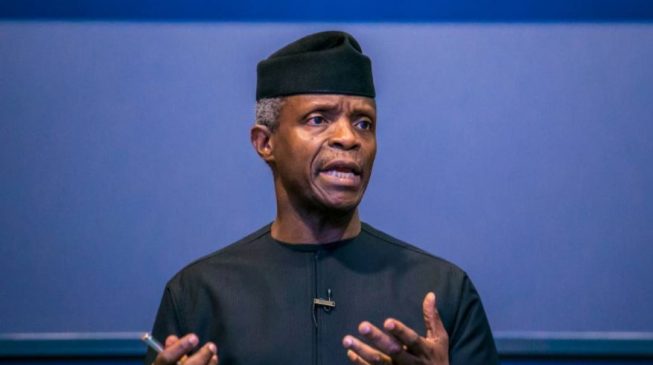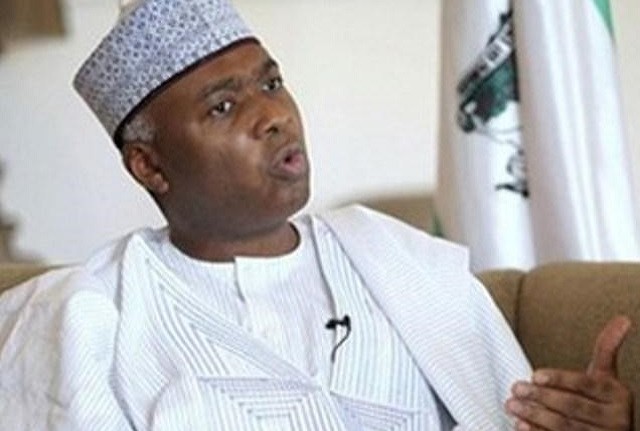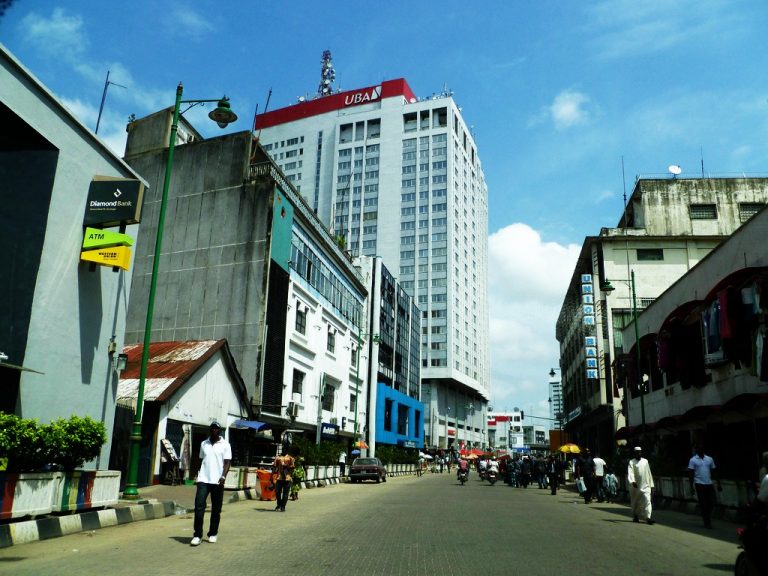Vice President Yemi Osinbajo yesterday cautioned on the need to avoid what he described as a time bomb posed by population explosion in Nigeria, saying urgent steps should be taken to nip it in the bud.He said the country must act fast to build an economy that would support its budding population, provide jobs, economic opportunities and education for all citizens.
He stated that the reverse side of the Nigeria’s rich demographic potential is the population time bomb or the demographic threat, as the total fertility rate has remained high over the years at 5.5 births per woman, while child marriages still persist at 18 per cent. Osinbajo, therefore, urged religious leaders to be voices of change in child marriage, maternal, newborn and child health, as well as investment in education.
The Vice President spoke at a two-day forum with the theme: Harnessing Demographic Dividend for Sustainable Development of Nigeria: The Role of Muslim Religious Leaders, organised by the United Nations Population Fund (UNFPA) yesterday in Abuja. Osinbajo argued that although large family size would depend largely on the heads of such families, gaining economic advantage from the country’s population size involves a national consensus around some ideas.
He urged heads of families and government at all levels to prioritise on education and health of their families, considering that resources are finite.According to him, modern contraceptive prevalence rate in the country is low at 14 per cent and 16 per cent for family planning, while 23 per cent of Nigeria’s adolescent population within the ages of 15 and 19, have started having children.
Osinbajo, who said Nigeria’s population is presently estimated at 192 million, while it is estimated to be the third most populous country in the world after China and India by 2050, said demographic dividends could be harnessed if appropriate and timely actions were taken.
“As a government, we have since 2015 prioritised getting the largest number of Nigerians out of poverty and embarked on social protection programme with provision of over N500 billion in the budget, addressing malnutrition by feeding over 9.2 million children in public primary schools in 26 states and giving micro credits to over two million petty traders in every state,” he stated.




